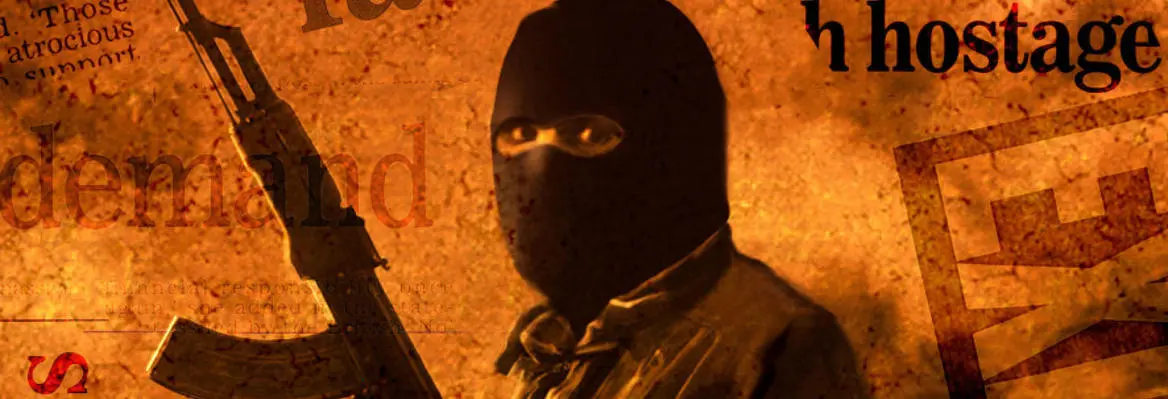Writing about terrorism is to enter into a field of more uncertainty than in most journalistic work. The basic uncertainty in the present context is over the intent and capacity of the main terrorist networks. We know that the Islamic State (ISIS) is brutal, since they take pride in demonstrating brutality. But we don’t know how far they will go.
Writing about contemporary terrorism truthfully requires taking up a position on that. That position is not in itself the truth: but it is a declaration of the assumptions the writer makes when commenting, or reporting. It is what the writer believes to be the underlying truth of the threat faced (he may, of course, be wrong. In this case, I hope I am).
In interviews with secret service people, mostly retired, for a forthcoming book (Journalism in an Age of Terror: I B Tauris), I often heard that senior British officers had thought the phrase “War on Terror” to be a stupid one, and that they never used it. It was not a war, they believed: the struggle was not – the word was used quite often – an “existential” struggle. It was a serious challenge from serious terrorists: hard, vicious - but finite.
Europeans used to mock Americans for using the phrase “war on terror”. Truly, the phrase was not a good one: wars are fought against people identified as enemies, not an abstraction. But such superiority based on an irrelevant verbal distinction has gone: it’s different now. Francois Hollande, the socialist President of France, has said that the slaughter in Paris last November was “an act of war”. Pope Francis, at a commemoration service for the 100,000 Italian soldiers killed in the First World War (his grandfather was one of the soldiers who survived) said that “one can speak of a third war, one fought piecemeal, with crimes, massacres, destruction”.
Paris, Friday 13th, November 2015, brought Europe together in fear and anger – so much, that it is the US President who feels compelled to remind us that we should have a duty of welcome to refugees from Syria. Europeans often question whether or not they could be terrorists
And there’s another switch. Vice President Joseph Biden, speaking soon after the Paris attacks, said, “I say to the American people: There is no existential threat to the United States. Nothing ISIS can do could bring down the government, could threaten the way we live.”
But the man who commanded the British armed forces from 2010 to 2013 thinks that’s mere complacency. General David Richards said at a history festival in June last year that the threat is existential and "that we need to approach this issue of Muslim extremism as we might approach World War Two back in the 1930s”. In a recent book, he’s said to have told the Prime Minister that he lacked the courage to take the fight to ISIS, being too obsessed with wishing to appear liberal.
More recently, the European Parliament declared, on 4th February, that ISIS is “committing genocide” because of its targeting specific minorities, either Christian or Muslims hostile to the group’s extremism. Genocide is what the Nazis practiced.
___
"Put together money, expertise and an Islamist-nihilist philosophy; and you have a weapon of huge destructive power."
___















Join the conversation